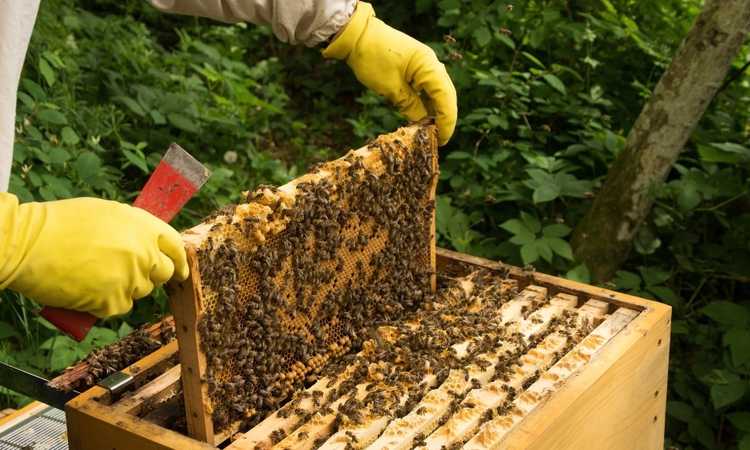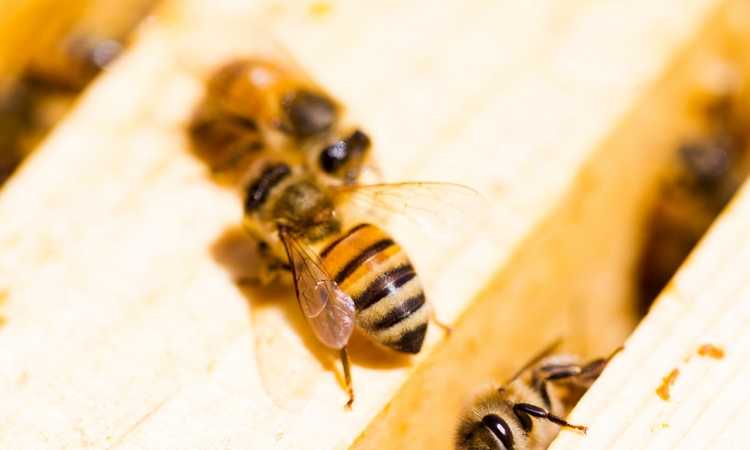If you’re thinking about becoming a beekeeper, there are a few things you should know. First, it’s important to do your research and make sure you’re prepared for the commitment. Beekeeping can be rewarding, but it’s also a lot of work. You’ll need to check on your hives regularly, and be prepared to deal with problems like disease or pests. Additionally, you’ll need to have a good understanding of bee behavior. Read on for more tips for new beekeepers!
What to do when you first get your bees
Congratulations on your new bees! Here are a few things to keep in mind as you get started.
First, it’s important to have the right equipment. You’ll need a hive, frames, and foundation, as well as a bee suit and veil.
Next, you’ll need to find a good location for your hive. It should be in a sunny spot with good ventilation.
Once you’ve got everything set up, it’s time to introduce your bees to their new home. Gently smoker the hive and then open it up.
You can then use a brush to transfer the bees from their shipping box into the hive. Be sure to close up the hive promptly so that the bees don’t escape.
With a little care and attention, you’ll be enjoying honey in no time!

How to set up your hive
Before you can start harvesting honey from your hive, you need to set it up correctly.
The first step is to choose a level spot in your yard that gets plenty of sun.
Then, you’ll need to assemble the hive boxes and frames. Once the boxes are put together, you can add the frames, which will hold the beeswax comb.
Finally, you’ll need to install a feeder and a water dispenser near the hive. With everything in place, you’re ready to start keeping bees!
What to do if you encounter problems with your bees
If you’re a beekeeper, it’s important to know what to do if you encounter problems with your bees. The first thing to do is to identify the problem. Common problems include pests, diseases, and poor nutrition.
Once you’ve identified the problem, you can take steps to resolve it. For example, if there are pests in the hive, you can treat the hive with an insecticide.
If the bees are suffering from disease, you can medicate the hive with antibiotics. And if the bees are malnourished, you can feed them a sugar syrup or pollen supplement.
By taking quick and appropriate action, you can help to ensure that your bees stay healthy and productive.
How to harvest honey from your hive
Honey harvest time is a busy time for any beekeeper. The process of extracting honey from the comb can seem daunting, but with a little practice it will become second nature.
First, you will need to remove the frames of honeycomb from the hive. Be sure to wear gloves and a veil to protect yourself from stings. Once the frames are out of the hive, use a hive tool to break the seal of wax that is holding the comb together.
Next, use a sharp knife to cut the comb into manageable pieces. Place these pieces in a strainer over a bucket and allow the honey to drain into the bucket.
Once all the honey has been extracted, you can store it in jars or buckets.
Honey will keep indefinitely if it is stored in a cool, dark place. With a little practice, harvesting honey will be a breeze!

Tips for keeping your bees healthy and happy
When it comes to beekeeping, there are a few basic principles that will help ensure your bees are healthy and happy.
First, it’s important to provide them with a clean and spacious hive. A clean hive will help to prevent disease and keep pests at bay.
Second, make sure to feed your bees a nutritious diet. A variety of pollen and nectar sources will help them to stay strong and healthy.
Third, it’s important to keep an eye on the weather. Bees are particularly vulnerable to extreme temperatures, so make sure to provide them with adequate ventilation and shade in hot weather.
Finally, don’t forget to check on your bees regularly. A quick inspection will help you spot any problems early on and take steps to address them. By following these simple tips, you can be sure that your bees will thrive.
Congratulations on starting your journey as a beekeeper! Your bees will thank you for taking the time to educate yourself on how to properly care for them. Keep in mind the tips we’ve shared with you and refer back to this article whenever you have questions.
With a little bit of patience and effort, you’ll be rewarded with delicious honey that you can share with family and friends. Be sure to check out our other articles on beekeeping for more information on caring for your bees.

Hi – I’m Erika, the head writer and expert beekeeper here at Just Beekeeping! I am a backyard beekeeper and proud member of the American Beekeeping Federation (ABF) and the Central Indiana Beekeepers Association. In addition, I am an educator with advanced degrees from UC-Berkeley and the University of Southern California (USC). I use my expertise to help others learn about beekeeping, and I am an advocate for all subjects bee related!